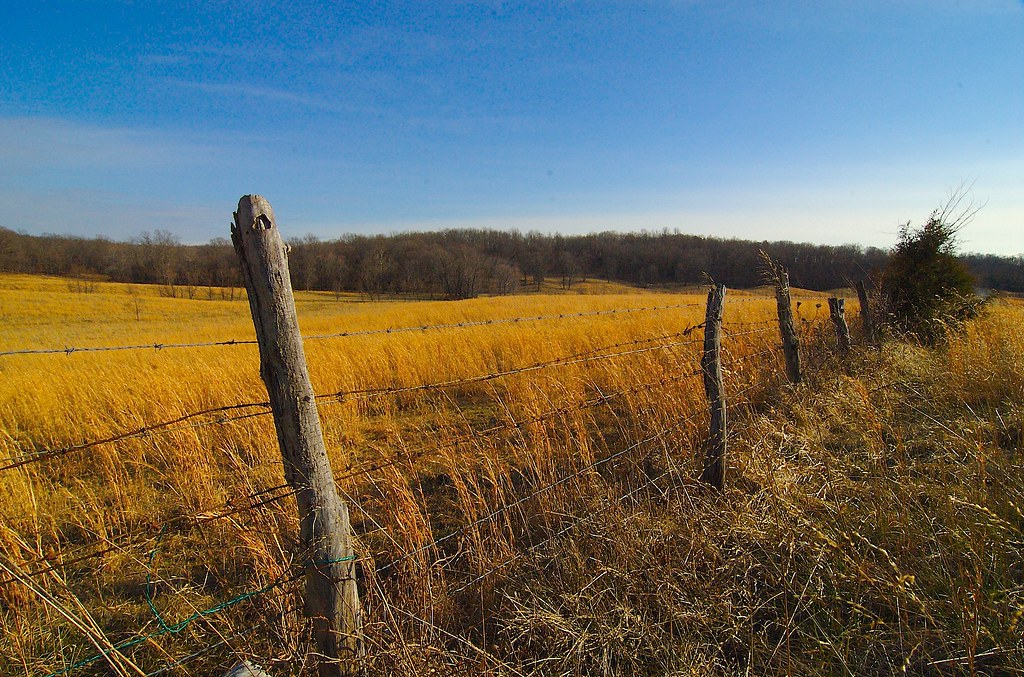Radio Berkman 142: On and Out
February 11th, 2010
 Rural communities don’t usually have the same support networks for queer youth that you might find in big cities or college towns. Mary L. Gray spent two years working in small rural communities in Kentucky, and found that as queer youth are forming their identities here, the experiences they have in the real world often blur with experiences with communities and peer groups online.
Rural communities don’t usually have the same support networks for queer youth that you might find in big cities or college towns. Mary L. Gray spent two years working in small rural communities in Kentucky, and found that as queer youth are forming their identities here, the experiences they have in the real world often blur with experiences with communities and peer groups online.
Mary calls the blending of town squares, churches, schools, and community centers in real life, and their virtual counterparts Boundary Publics. And the way these boundary publics function as support networks and outlets for expression can make a real difference in the lives of young people who are lesbian, gay, bisexual, trans and questioning.
Mary L. Gray is from the Department of Communication and Culture at Indiana University, and is the author of Out in the Country: Youth, Media, and Queer Visibility in Rural America.
Listen:
or download
…also in Ogg!
Reference Section:
Video and audio of Mary’s recent talk at the Berkman Center
Liveblogging from David Weinberger
More about Mary’s book Out in the Country: Youth, Media, and Queer Visibility in Rural America
Music this week from MC DJ
Photo courtesy of hobocracy
2010-02-09_marygray
On and Out
Boundary Publics
It’s easy to bemoan the web. It’s destroyed face-to-face interactions. We don’t meet up at the mall anymore – we go to Amazon. Our virtual town square is facebook. Instead of having a conversation we tweet. You don’t go to the bar or dance club to meet potential significant others, you go to eharmony or match.com.
But how do we actually use these digital town squares in the forming of identity and social life? It turns out that many young people are riding the line between digital spaces – or the meetspace M-E-E-T – and the physical world, or the meatspace M-E-A-T.
Mary L. Gray has labeled these areas where the online and offline worlds blur “Boundary Publics.” And in many cases boundary publics can help those who are trying to find their identity.
For example, say you are young person who is lesbian, gay, bisexual, transgendered, or otherwise questioning. Suppose you live in a small rural community in Kentucky. As a young person just growing into your identity you’ll be likely to have a hard time finding a lot of support and guidance in your physical community. But the online world lets you experiment in expressing yourself with your peer group free from some of the risks of expression in real life. And this can make a huge difference.
Mary L. Gray is from the Department of Communication and Culture at Indiana University, and is the author of Out in the Country: Youth, Media, and Queer Visibility in Rural America. Mary studies these boundary publics, and she stopped by the Berkman Center to chat with David Weinberger about what they are, and who inhabits them.
===
interview
====
Mary L. Gray is from the Department of Communication and Culture at Indiana University, and is the author of Out in the Country: Youth, Media, and Queer Visibility in Rural America. You can find out more about her work and links to her talk at the Berkman Center, along with an archive of our show on our site: blogs.law.harvard.edu/mediaberkman.
This episode was produced by me Daniel Dennis Jones with David Weinberger at the Berkman Center for Internet and Society at Harvard University in Cambridge, Massachusetts.
Entry Filed under: audio,Berkman Center,radioberkman




Leave a Comment
Some HTML allowed:
<a href="" title=""> <abbr title=""> <acronym title=""> <b> <blockquote cite=""> <cite> <code> <del datetime=""> <em> <i> <q cite=""> <s> <strike> <strong>